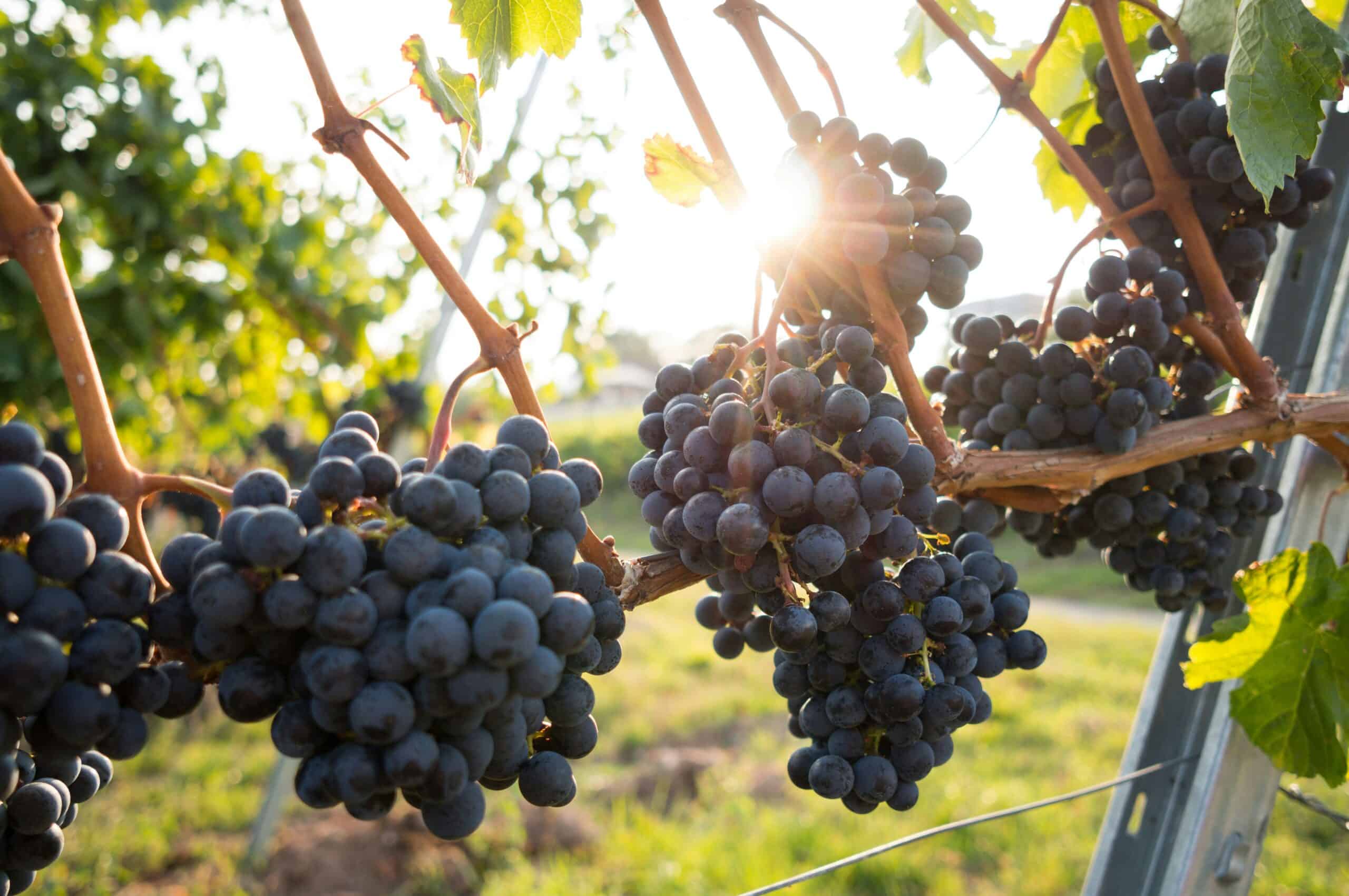Key Takeaways
- CropX Technologies has launched Strato 1, a professional in-field weather station that provides real-time, hyperlocal weather data.
- Strato 1 integrates directly into the CropX farm management system, offering a combined view of soil, crop, and weather conditions.
- The device is designed for easy, do-it-yourself installation, with no specialized tools required.
- Strato 1 enables optimized decision-making in irrigation, planting, nutrient management, and disease prevention.
- The release supports CropX Technologies’ goal of providing accessible and scalable digital tools for growers, dealers, and agronomic advisors globally.
CropX’s Strato 1 Delivers Weather Data for Precision Farming
CropX Technologies, a provider of digital agronomy solutions, has announced the global launch of Strato 1, its newest in-field hardware offering. Strato 1 is a professional-grade weather station designed to collect real-time, field-specific weather data that feeds directly into the CropX farm management platform.
The product was developed in response to customer demand for an integrated and accessible weather monitoring solution. By combining weather data with existing soil and agronomic information, CropX aims to offer users a holistic view of field conditions to support data-informed decisions on the farm.
Ease of Use and Integration into the CropX Platform
Strato 1 is designed for broad accessibility and features a quick, DIY installation process, allowing growers and dealers to begin collecting data immediately without complex setup. Once installed, the device starts transmitting real-time weather conditions directly to the CropX system.
The integration provides:
- Enhanced visibility into field-level weather trends.
- Support for irrigation optimization and input application timing.
- Consolidated insights across soil, crop, and weather data within a single platform.
“By integrating high-quality, hyperlocal weather data directly into the CropX platform, growers gain an edge in managing their fields more efficiently and profitably,” said Tomer Tzach, CEO of CropX Technologies.
CropX’s Strato 1: Part of a Broader Precision Agronomy Suite
Strato 1 joins the broader suite of CropX Technologies’ sensing devices, which range from soil sensors to agronomic modeling tools. These solutions are used by growers, advisors, and input providers in a variety of crop production systems around the world.
The weather station adds to CropX’s efforts to provide:
- A comprehensive, AI-powered agronomy platform.
- Scalable tools that address variability in climate, soil, and crop performance.
- Decision support for resource efficiency and farm profitability.
Supporting Profitable and Sustainable Farm Operations
With the addition of Strato 1, CropX Technologies continues to focus on delivering tools that support precision agriculture practices, including reduced water use and improved yield outcomes.
The company’s approach centers on combining sensor data and agronomic intelligence to help users manage risk, increase input efficiency, and respond to real-time field conditions.
“The launch of Strato 1 reinforces our commitment to delivering smart and accessible solutions for farmers, dealers, and agronomic advisors worldwide,” added Tzach.



2 Comments